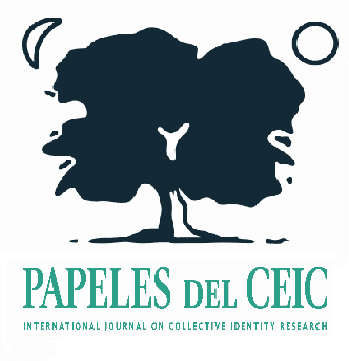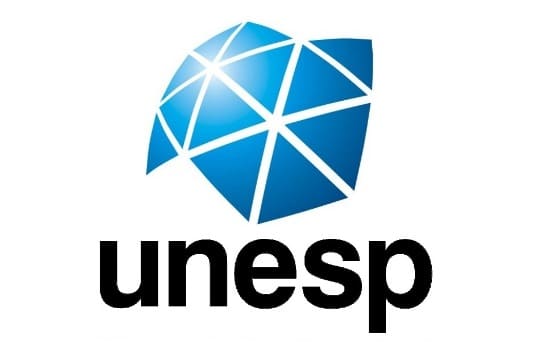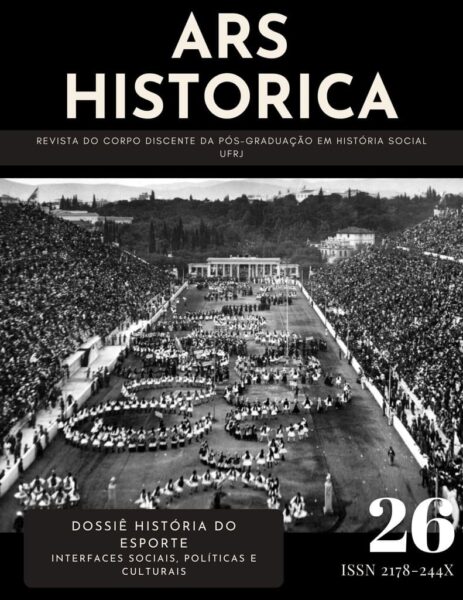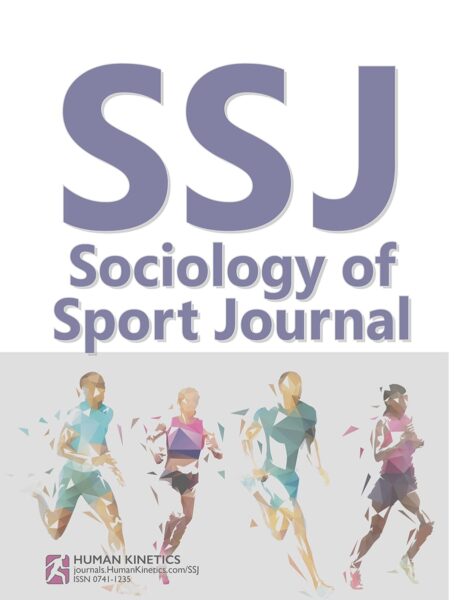Mi presentación resume la investigación que desembocara en mi libro Fútbol y Patria. En ella, rastreé y analicé las relaciones entre los discursos vinculados al fútbol (en el periodismo gráfico, pero también en el cine, la televisión y la narrativa ficcional) y los argumentos sobre la Nación a lo largo del siglo XX, en un arco que comienza en el momento de invención de un “fútbol criollo” (los años 20, contemporáneamente a los textos nacionalistas de los intelectuales oficiales, como Lugones o Rojas) y culmina con el Campeonato Mundial de 2002, a su vez contemporáneo con la crisis argentina iniciada en diciembre de 2001. A lo largo del siglo, esas relaciones son cambiantes: desde la complementariedad subalterna de los relatos futbolísticos en los años 20 hasta la centralidad que adquieren durante el “ciclo maradoniano” (1978-1994), las posibilidades son variadas y objeto de mi análisis. Mi hipótesis es que en momentos de politización fuerte de los debates sobre lo nacional, la centralidad de las narrativas futbolísticas decrece, hasta transformarse en pura mercancía mediática (o presunto argumento de ventas). Pero que en momentos de crisis de los relatos modernos de identidad, la importancia de las narrativas futbolísticas crece de manera importante, excediendo incluso el mundo masculino donde originalmente se despliegan.
Palabras clave: Nacionalismo, fútbol, culturas populares






